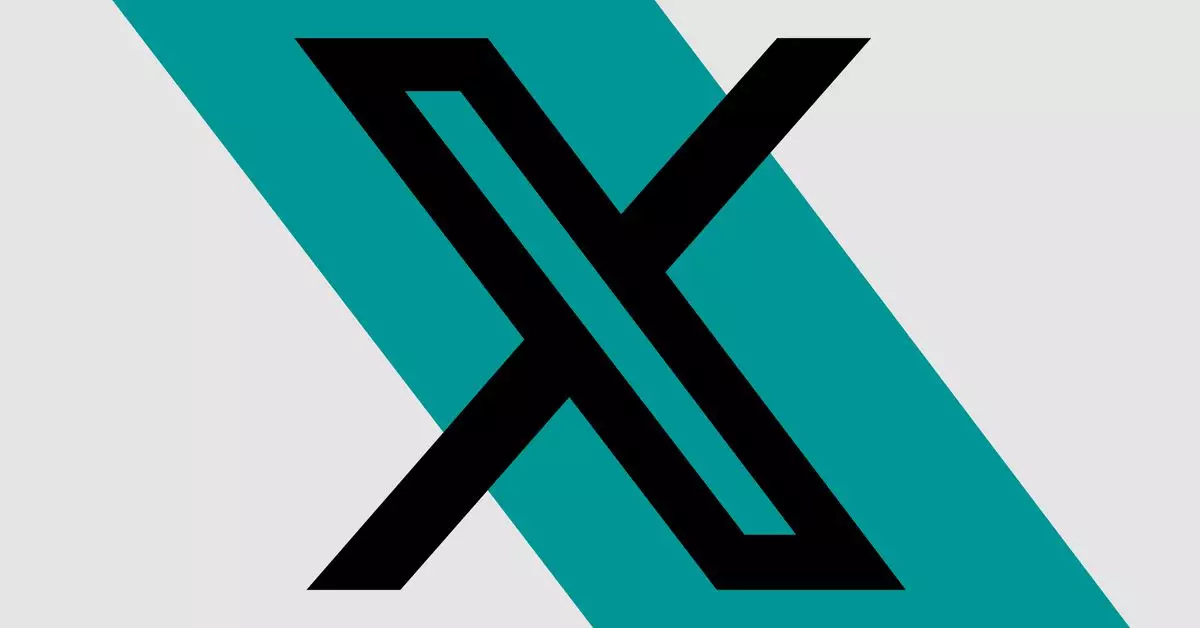Recently, a panel of five Brazilian Supreme Court justices made a decision regarding the service formerly known as Twitter, now referred to as X. Justice Alexandre de Moraes issued a ban on X after owner Elon Musk refused to comply with court orders to block certain accounts and identify a legal representative in Brazil. This decision has sparked a legal battle and has significant implications for internet freedom in Brazil.
The decision to limit access to X was upheld by the panel of justices, with four out of the five justices backing de Moraes’ ruling. This decision has raised concerns about freedom of speech and censorship, as the ban could set a precedent for restricting access to online platforms based on government demands.
Effect on Competing Platforms
Following the ban on X, competing platforms have reported a surge in new accounts created by Brazilian users. This influx of users highlights the importance of online freedom and the impact of government interventions in the digital space. It also raises questions about the role of tech companies in upholding legal decisions that may infringe on users’ rights.
Challenges and Responses
Poder360 and The Globe have reported that some platforms, like Starlink, have refused to comply with the ban until their assets are unfrozen by the court. This defiance underscores the complexities of enforcing legal decisions in the digital age, especially when international companies are involved. The clash between government authorities and tech giants like SpaceX, which operates Starlink, reveals the power struggles inherent in regulating the internet.
The Brazilian Supreme Court’s decision to limit access to X raises significant concerns about internet freedom and censorship in the country. By requiring platforms to adhere to court orders, the government sets a dangerous precedent for controlling online speech and expression. This decision highlights the need for a balance between upholding the law and protecting individuals’ rights to free expression on the internet.
The Brazilian Supreme Court’s decision regarding X (formerly Twitter) has far-reaching implications for online freedom and censorship in Brazil. The conflict between legal requirements and tech companies’ autonomy underscores the challenges of regulating the digital space. As the situation continues to unfold, it is essential to prioritize the protection of individuals’ rights while upholding the rule of law in the digital age.

